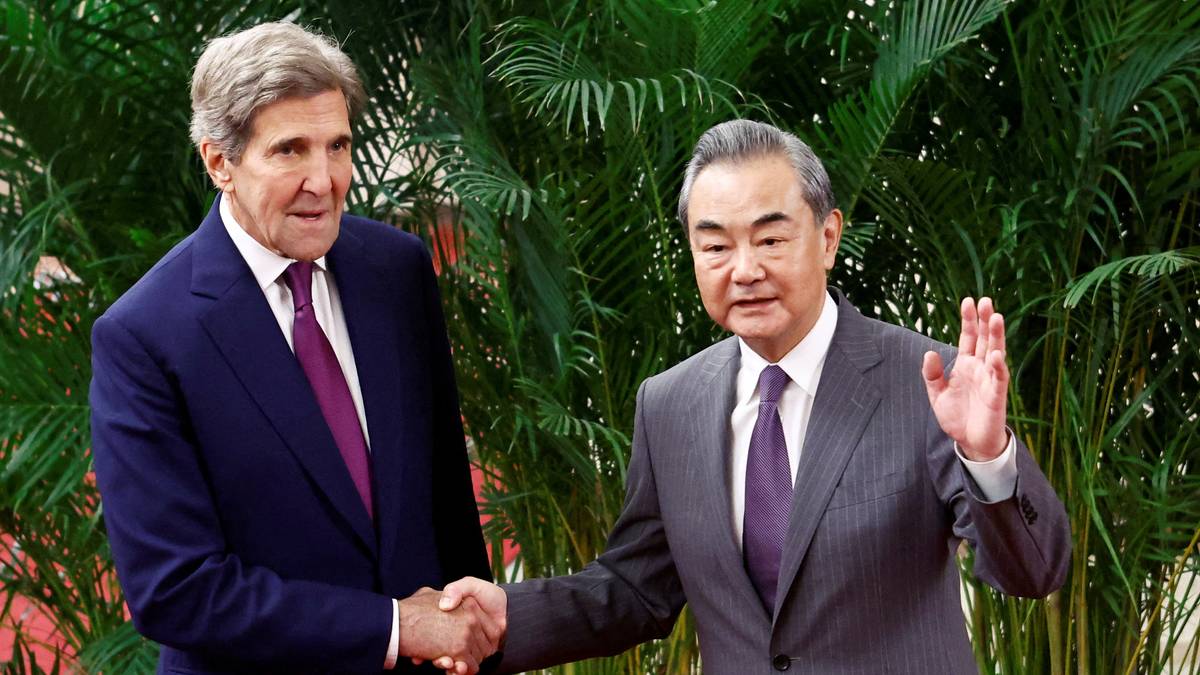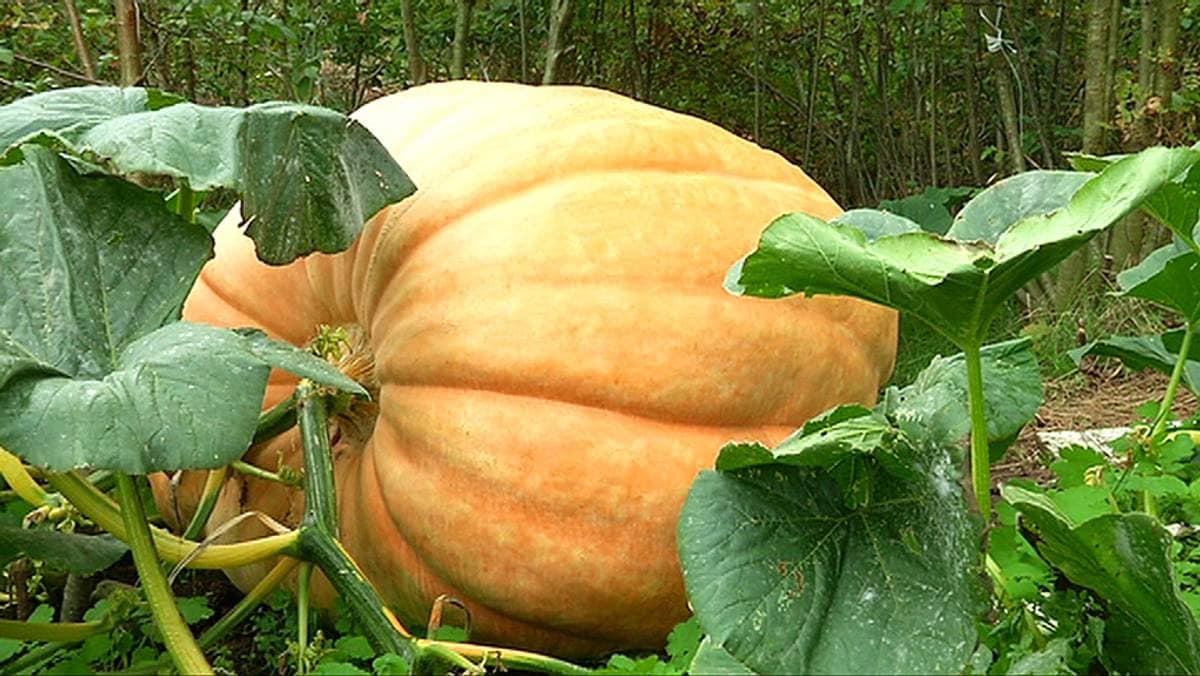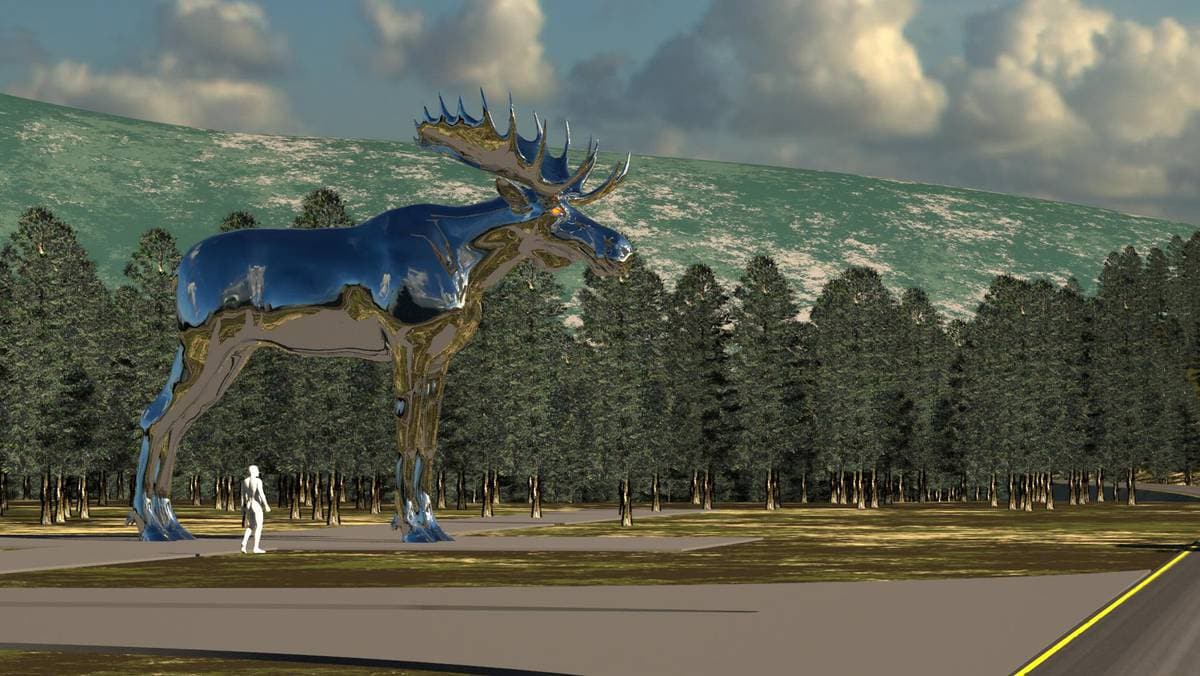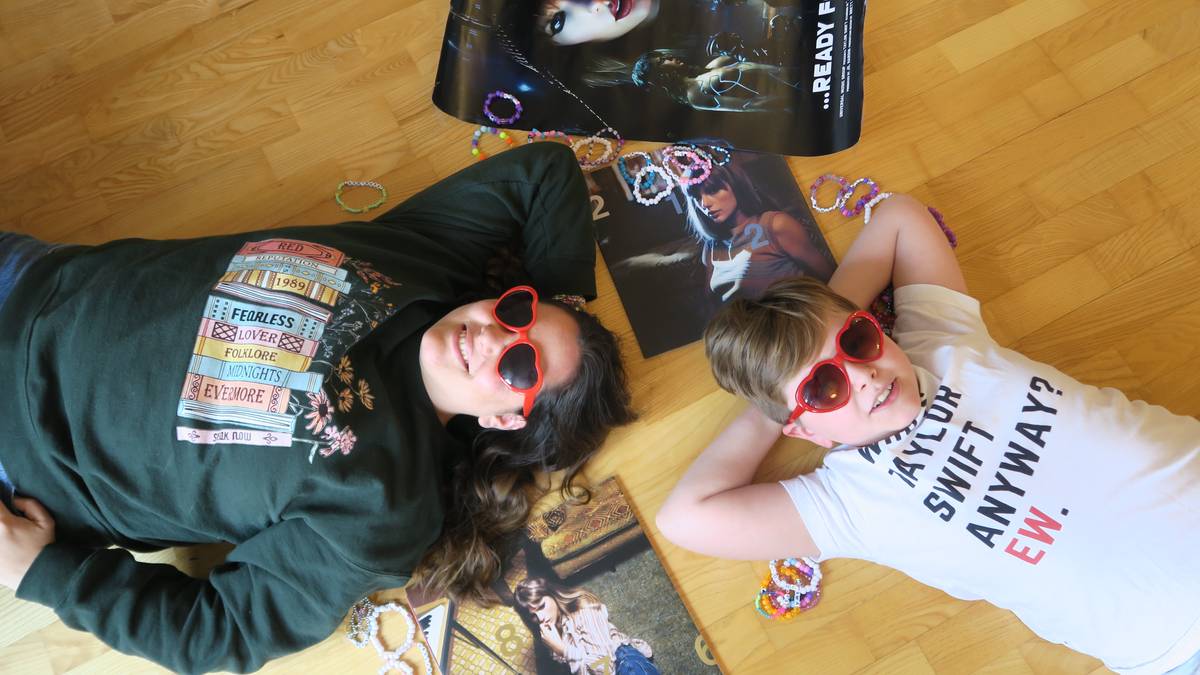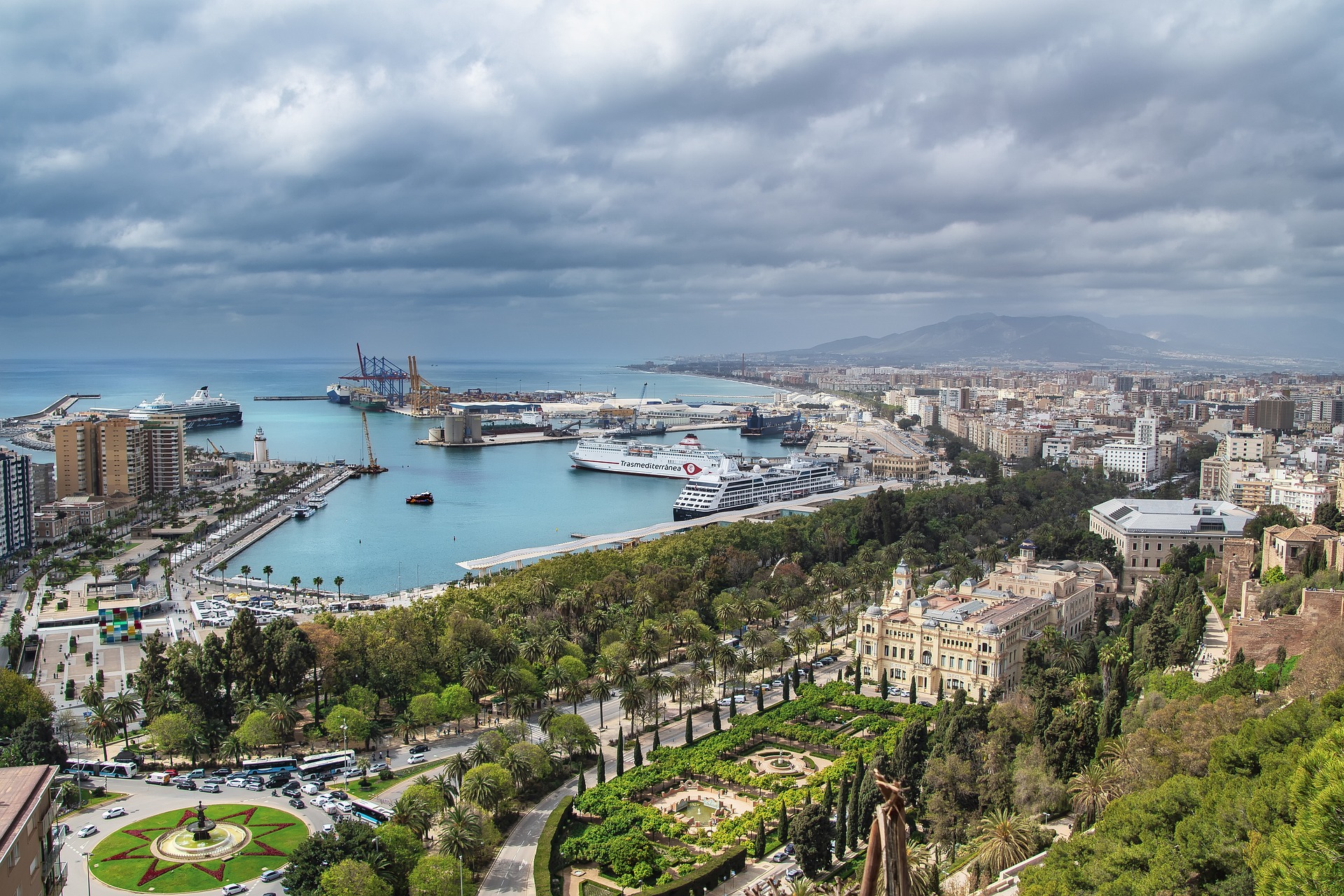One of the four parties of the government coalition, Christian Union (CU), stressed that the government’s cooperation had ended.
– All four parties have decided that it is impossible to reach an agreement on immigration. That is why it was decided to dissolve the government, said party spokesman Tim Kuijsten.
Prime Minister Mark Rutte is expected to hold a press conference in the near future.
Rutte’s VVD and a Christian democratic party, the CDA, want to limit asylum immigration to the Netherlands. They therefore propose that current family reunification rules should still apply to those seeking asylum, because they are personally in danger, but should be stricter for other asylum seekers.
The compromise proposal fell
However, the other Christian Democratic parties, the CU, and the social liberal D66 seem unable to accept it.
The VVD threatened to withdraw from the government if they were not successful. The compromise proposal, which was put forward on Friday and which allowed for family reunification to be limited to only when there are many asylum seekers at the same time, did not gain traction.
This means new elections will be held in the Netherlands. The last election was held in early 2021. In theory, elections should be held within 90 days, but summer holidays in parliament don’t count, so it’s more likely that elections will be held towards the end of the year.
Teflon-Mark and the District Uprising
Rutte is often called a “Teflon-Mark” and is the longest-serving prime minister in Dutch history, largely due to his ability to adapt and negotiate compromises. He tried to move asylum policy to the right to appeal to the right-wingers in his own party, as well as limit the influence of the more extreme Dutch right-wingers.
At the same time asylum policy is a hotbed of Dutch politics, there is also a fierce battle over climate policy. The Netherlands is one of the world’s biggest food exporters, but agriculture also releases far more nitrogen than the Netherlands allows under EU law.
The government had tried to overcome this by limiting the number of livestock, but this led to uprisings in the countryside. These two issues are expected to become dominant in every election campaign.
Earlier this year, the BBB peasant protest party became the largest in the country’s provincial assembly elections, and thus they are also the largest in the Dutch upper house.
[ – Gud hjelpe meg! Hva er det den lokale tingretten har gjort? ]
[ Kjører biler til Ukraina: – Vil mest sannsynlig få kort levetid ]

“Hardcore zombie fan. Incurable internet advocate. Subtly charming problem solver. Freelance twitter ninja.”

:quality(70)/cloudfront-eu-central-1.images.arcpublishing.com/mentormedier/BCPWHTMZY5WCCMRH3IYHGLCRVQ.jpg)
